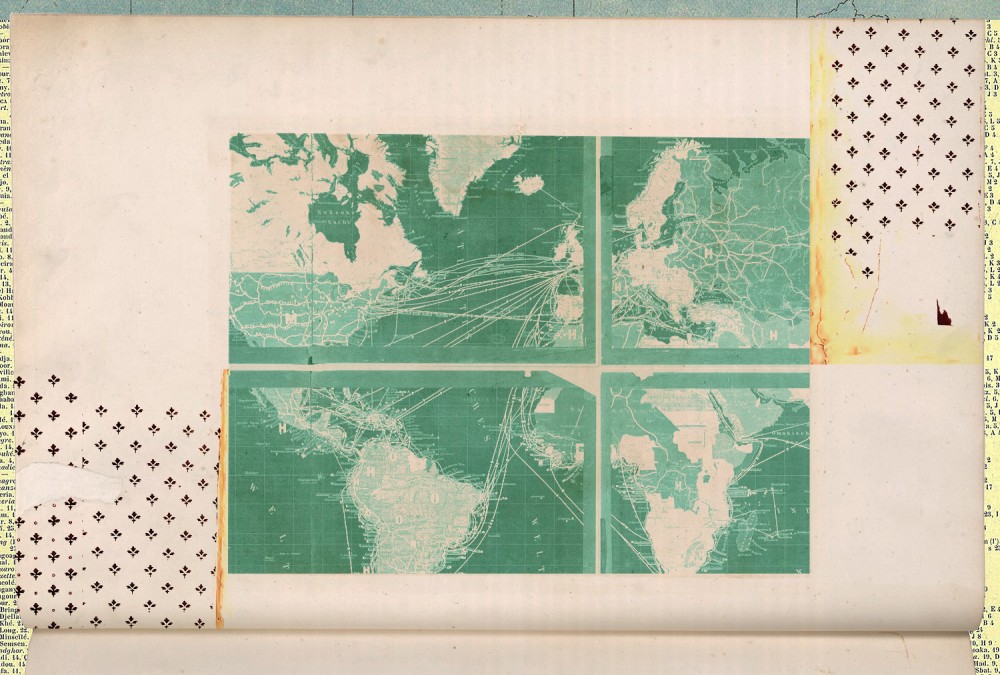
(Century illustration)
I have been hunting ghosts. Thomas Hobbes wrote in 1651 that “the Papacy is no other than the ghost of the deceased Roman Empire, sitting crowned upon the grave thereof: for so did the Papacy start up on a sudden out of the ruins of that heathen power.” While I have long known this quote, only recently did I learn of the larger context of what initially seems like a cheap interfaith potshot. Hobbes really pursues the analogy in some detail and makes some good points. More to the point, his comments apply to the wider influence of empires on all the world’s faiths, not just Christianity.
Many factors drive the success or failure of religious movements, including demography and climate factors, but the world’s religious history can scarcely be understood except in reference to imperial realities and their stubborn survivals (hence my new book Kingdoms of This World: How Empires Have Made and Remade Religions). However often, and however rightly, we denounce the evils associated with empires—their links to racism and slavery, exploitation and colonialism—empires have also supplied the means by which religions have achieved global scale.
A map of modern Christian populations worldwide is stalked by multiple imperial ghosts. The great centers owe their origins to various Christian empires over the past half millennium: the Spanish, Portuguese, French, Belgian, British, and others. Within those empires, many people moved voluntarily, as settlers and colonists. Others were conquered or enslaved and had a new religious system imposed upon them, although over time many conquered peoples made the religion their own.





